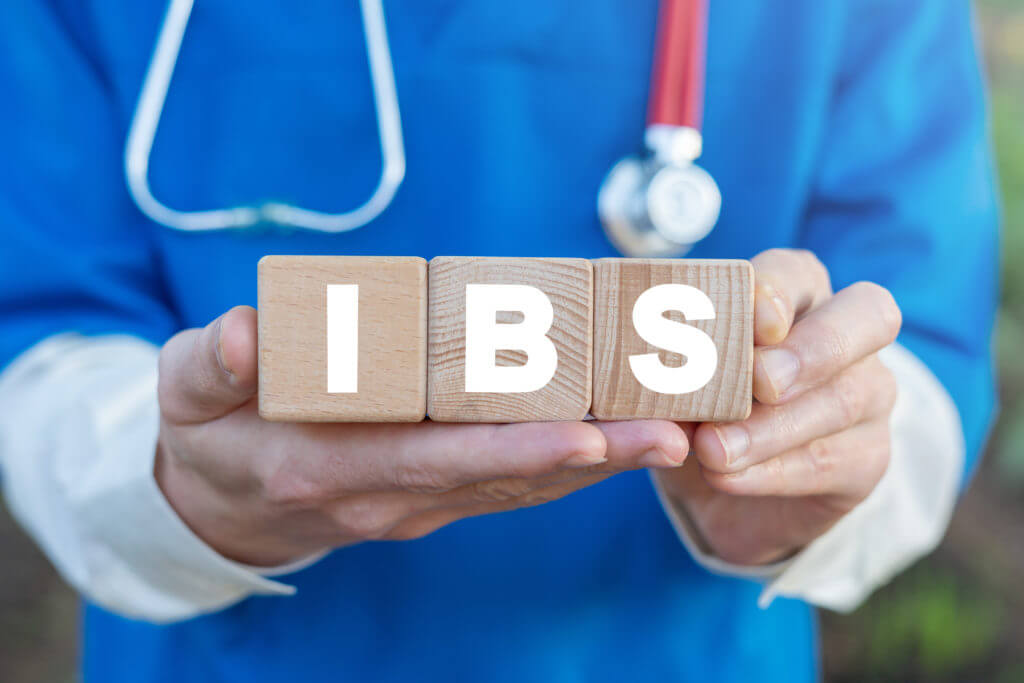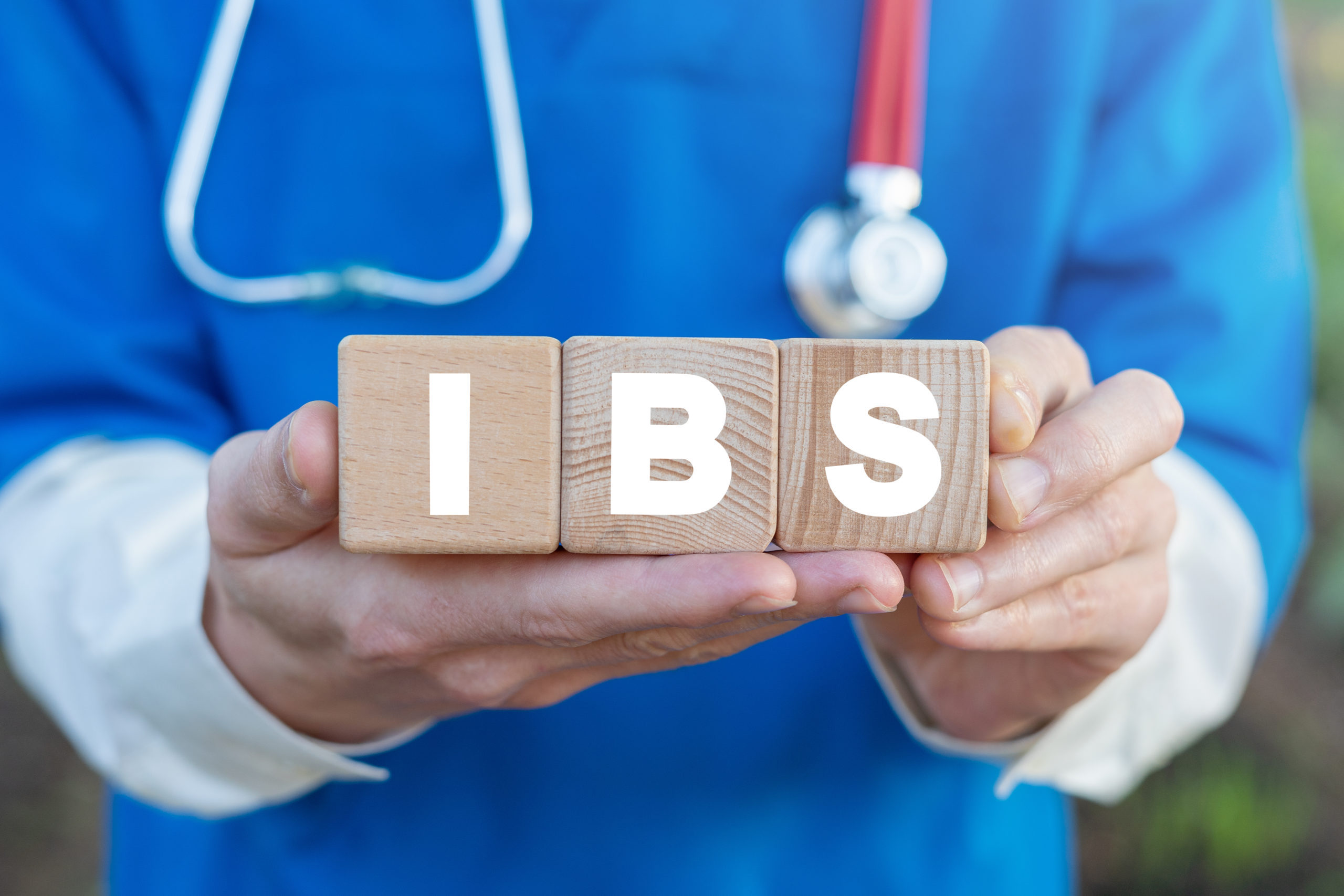Scientists have long known that one potential way to alleviate irritable bowel syndrome (IBS for short), is through the restriction of fermentable carbohydrates, such as milk, bananas, refined wheat flour, yams, corn, and more. Although it is common knowledge in the scientific community that low FODMAP (fermentable oligo-, di-, mono-saccharides, and polyols) foods often reduce IBS, how or why is a more complex matter.
Recently, however, an online article in the medical journal Gut offers an interesting interpretation as to the benefits of a low FODMAP diet on IBS. After examining stool samples of over 100 individuals, scientists made an interesting discovery. Researchers examined pairs of individuals who lived together, one having IBS and one without. This allowed them to compare and search for a variety of factors.
Microbe Significance
Upon initial examination of stool samples, researchers found that IBS patients had one of two different microbial profiles. Some IBS patients had a healthy (IBSH) profile. These patients had a similar profile to the other member of their household, who comprised the control group. However, other IBS patients had a more harmful pathogenic profile or signature.
Many hazardous Firmicutes species, including well-known pathogenic bacteria like C. difficile and C. sordellii, were present, whereas beneficial Bacteroidetes species were few. Streptococcus parasanguinis and Streptococcus timonensis, two commonly detected oral bacteria, were present in high concentrations. There was also an upregulation of amino acid and glucose processing genes, which could explain certain IBS symptoms.

The FODMAP Connection
Researchers had all study participants consume low FODMAP diets over the course of four weeks. They acknowledge certain limitations with the study. For instance, food intake was not closely monitored and was subject to each individual’s reporting. Additionally, a number of patients dropped out. The study started with 56 pairs of individuals and ended with 42 pairs of individuals. Finally, fiber ingestion can also impact the gut and wasn’t tracked as part of the study.
They then looked at the stool samples of each pair a second time. The majority of the IBS patients felt better; three out of four IBS patients had fewer symptoms. More importantly, those IBS patients with a pathogenic profile experienced a far greater improvement in health than those with a healthy profile. These patients experienced an increase in the helpful Bacteroidetes species of bacteria and a decrease in the harmful Firmicutes species of bacteria.
Promising Gut Treatment
“If the bacteria represented in the [pathogenic] subtype are shown to play a pathogenic role in IBS, perhaps through their metabolic activity, this provides a target for new therapies and an intermediate [marker] by which to assess them,” the researchers say in a statement.
The researchers hope that in the future, scientists can examine stool samples of IBS patients, identify each patient’s specific microbial profile, and then determine which patients will most likely benefit from a low FODMAP diet. More broadly, researchers hope that additional studies can unlock new and different ways of treating IBS by examining patient microbiomes.
This study is published in Gut.
